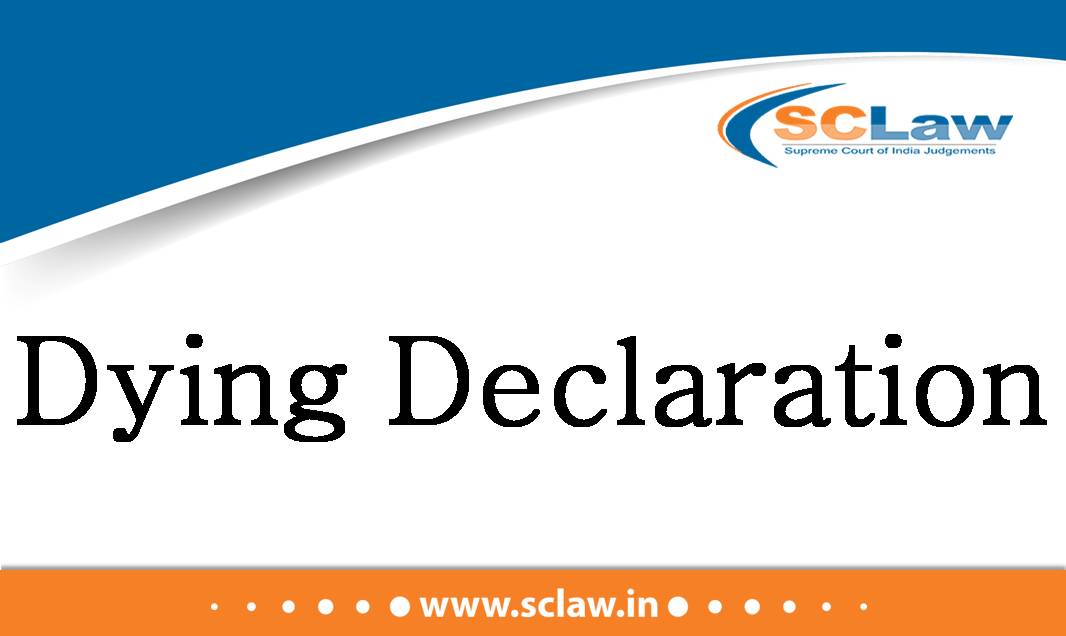Appeal against acquittal – Dying declaration – the accused is able to create a doubt not only with regard to the dying declaration but also with regard to the nature and manner of death, the benefit of doubt shall have to be given to the accused – Therefore much shall depend on the facts of a case – There can be no rigid standard or yardstick for acceptance or rejection of a dying declaration.
SUPREME COURT OF INDIA DIVISION BENCH NARESH KUMAR — Appellant Vs. KALAWATI AND OTHERS — Respondent ( Before : Navin Sinha and Krishna Murari, JJ. ) Criminal Appeal No. 35…






